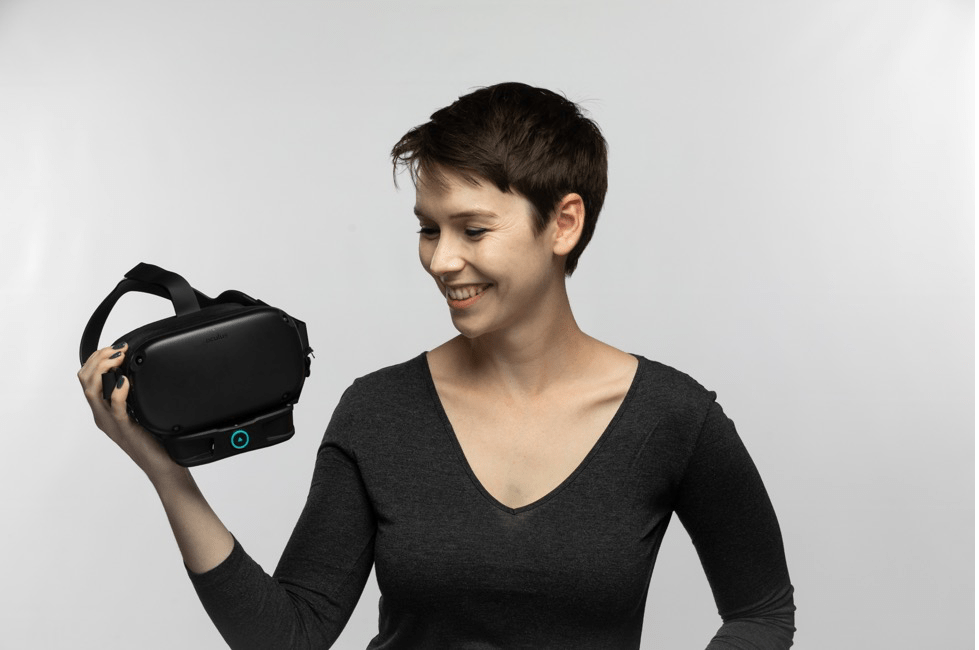
Whether you’re familiar with the term “holistic treatment” or not, chances are you’ve heard of the umbrella term it falls under—integrative medicine—or one of the other treatments in this grouping. Other integrative medicine healthcare practitioners include functional medicine, naturopathic medicine, natural medicine, and lifestyle medicine.
Holistic Treatment Is on the Rise
Consumers are not only looking for and leaning into integrative medicine, but more health practitioners are also offering a holistic treatment approach. Here’s a high-level look at some of the statistics, according to an industry report from Rupa Health:
- Integrative medicine is an $89 billion market as of 2020 in the U.S., up from $14.7 billion in 2012
- The industry has grown six times in the last 8 years
- 1 in 3 Americans is already utilizing integrative care
- Patients go to more integrative-care visits than primary care visits every year
How a Holistic Approach May Help with Addiction Treatments
The tenets of integrative medicine lend themselves well to people with addictions. For instance, integrative practitioners look at the whole person. They see a person’s health holistically—mind, body, and spirit—and assess the person based on the sum of many factors, including (but not limited to) diet, exercise, stress, sleep, and relationships.
And while holistic recovery methods are meant to build on (not replace) traditional addiction treatment methods, they have been shown to be helpful. For example, lack of sleep, poor diet, and/or emotional distress may be common among recovering addicts and holistic therapy can help with these.
Though there isn’t much conclusive research on holistic therapy, there are some promising findings. For example, one study determined that patients suffering from drug addiction who received broader, more frequent services stayed in treatment longer. Those who received these types of holistic treatments also showed 15% better outcomes than patients who did not receive them. Satisfaction is also important: several studies have found that patients who are engaged in and satisfied with their treatment experience tend to stay in treatment longer and have better treatment outcomes. Incorporating holistic therapies into traditional therapies can help boost satisfaction.
What Role Does Technology Play in Holistic Treatment?
New technologies, such as virtual reality (VR), can play a role in a holistic treatment plan for addiction. Multiple studies (and some with mixed results) suggest that VR may benefit both substance use disorders and behavioral addictions through computer-generated simulations, mostly in the form of exposing them to triggers to raise awareness and teach patients how to cope with their problems more effectively.
But also VR, and particularly VR with a scent component, has the potential to promote relaxation, better sleep quality, and lessen anxiety. Multiple studies have shown that particular scents—when inhaled at the right time—can lessen the anxiety associated with stressful medical treatments.
VR has also been shown to promote mindfulness and that can lessen both anger and sadness.
And as VR becomes increasingly accessible and easy to use, it has the potential to play a significant role in the future of holistic addiction treatment.
.png?width=618&height=603&name=ovr_circle_w%20(1).png)



